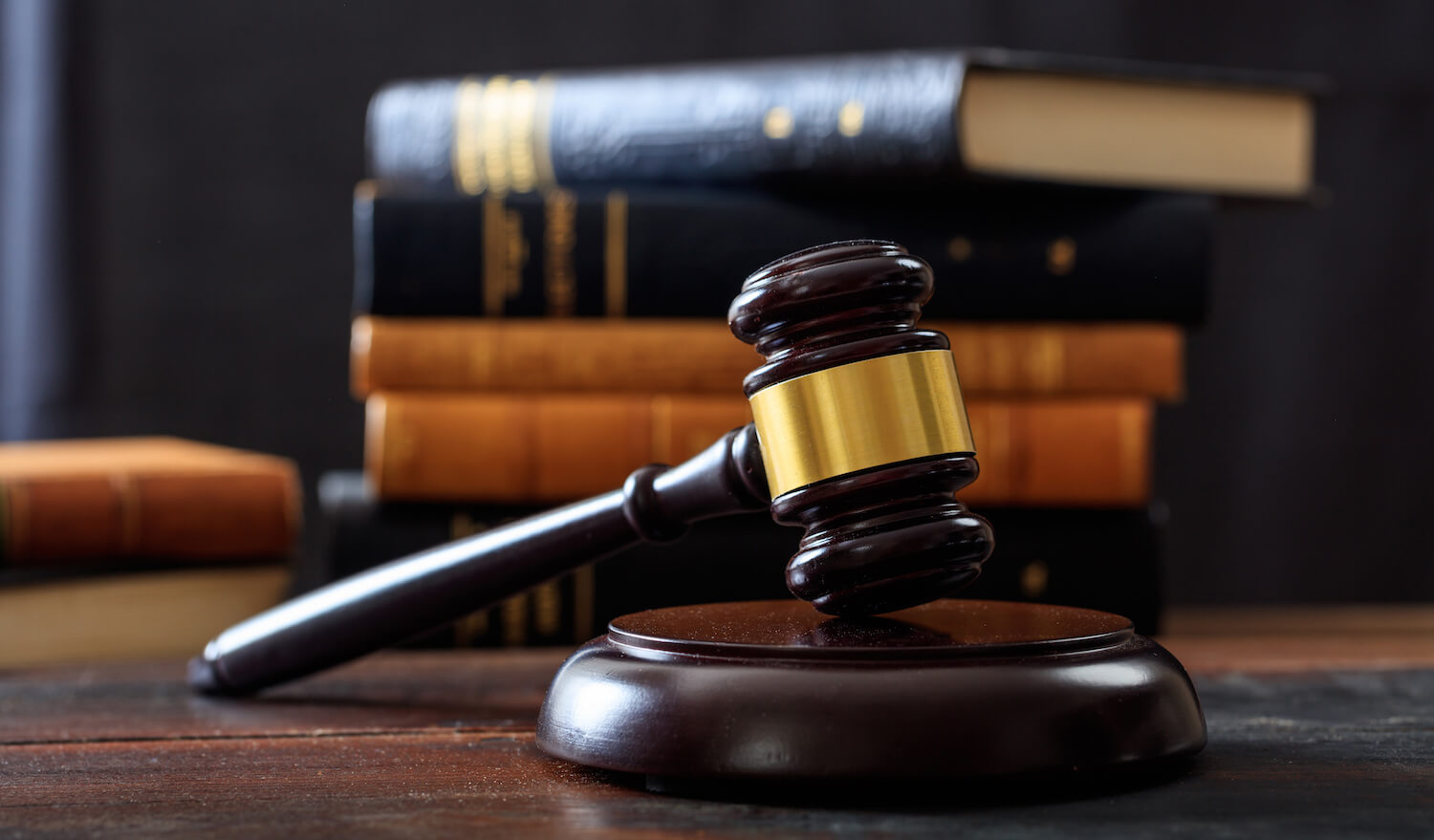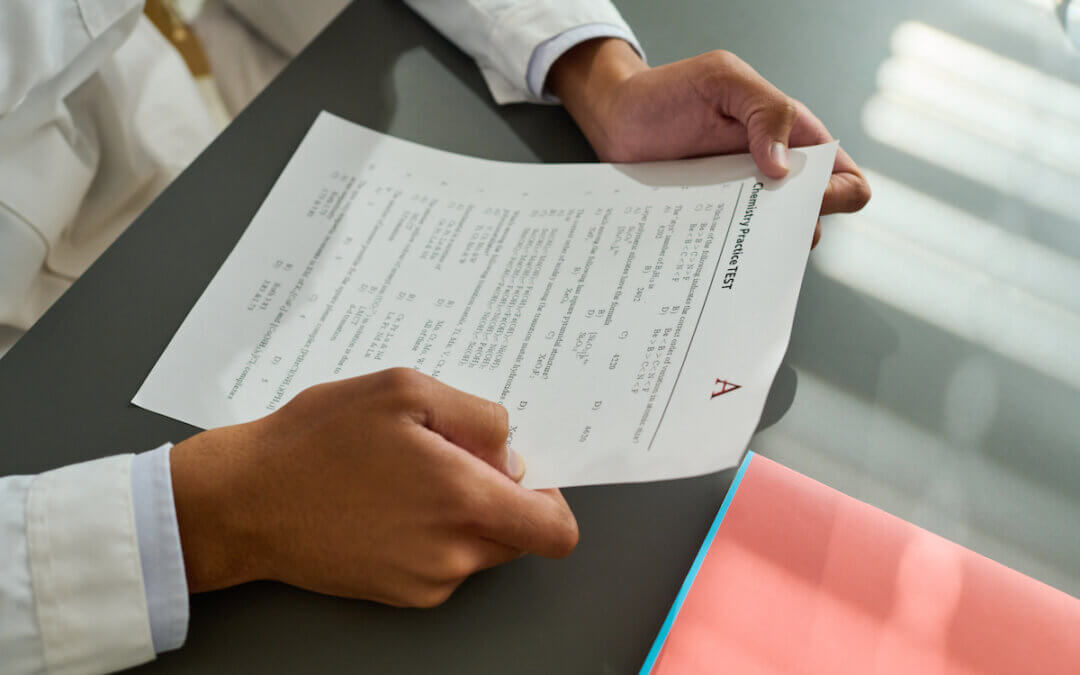Last November, Yale and Harvard Law Schools announced that they would no longer participate in U.S. News & World Report’s annual list of top law schools. Other top schools followed suit.
As a result, U.S. News announced a series of changes to its law school rankings methodology. These changes are the result of conversations the publication had with over 100 deans and representatives of top law schools. According to Robert Morse and Stephanie Salmon, U.S. News “will rank law schools in the upcoming rankings using publicly available data that law schools annually make available as required by the American Bar Association whether or not schools respond to our annual survey. For schools that do respond, [U.S. News] will publish more detailed profiles, enabling students to create a more comprehensive picture of their various choices. For the rankings portion, there will be some changes in how we weight certain data points, including a reduced emphasis on the peer assessment surveys of academics, lawyers and judges, and an increased weight on outcome measures.”
U.S. News also announced that they intend to disclose more of the information collected by the publication to students to increase the rankings’ effectiveness as a tool for students in deciding which law school is the best fit for their needs. As such, their announcement included a call for ever-increasing transparency on the part of law schools in making their data publicly available for evaluation by U.S. News and other ranking authorities.
Since U.S. News’ statement, many law schools have held their stance on withdrawing from the ranking. Scott Jaschik of Inside Higher Ed quoted Yale Law’s Dean Heather K. Gerken as saying, “having a window into the operations and decision-making process at U.S. News in recent weeks has only cemented our decision to stop participating in the rankings.” Harvard Law School did not comment. Duke University and University of Michigan law schools both have not changed their position since withdrawing from the ranking.
Others pointed out just how quickly U.S. News released changes to its methodology. Jaschik notes that Aaron N. Taylor, executive director of AccessLex Institute Center for Legal Education Excellence, stated of the announcement: “It is remarkable the speed at which the opt-outs prompted U.S. News to respond. It took only weeks to address issues they’ve been hearing about for years. This seems to highlight how worried they are about a mass defection by law schools.”
While US News has taken some steps to fix its law school rankings system, it remains to be seen whether these changes are enough to make the publication reputable again. However, the initial response from institutions that have withdrawn indicates that it will take more than short-term changes to restore the reputation of U.S. News Best Law Schools rankings.











